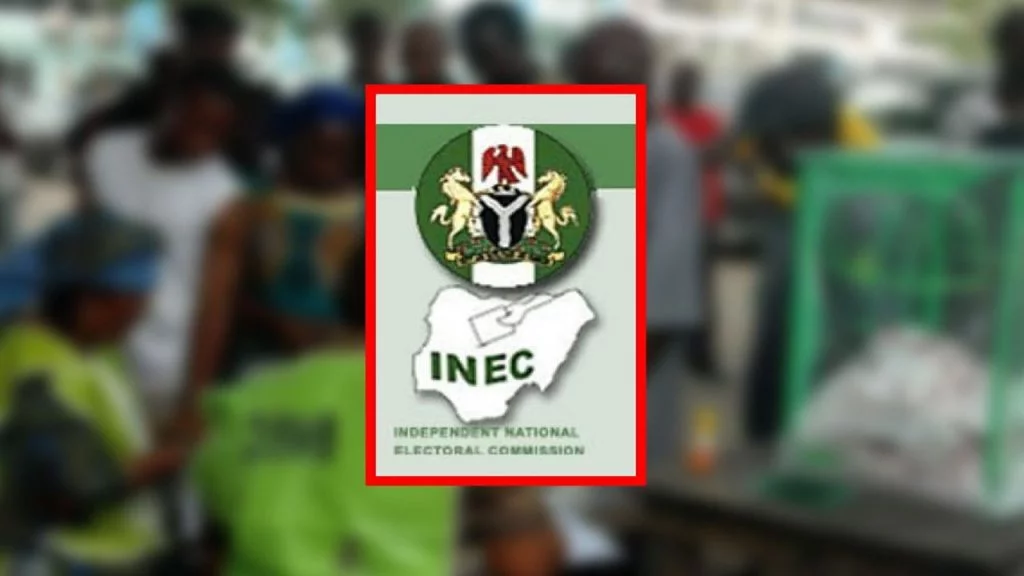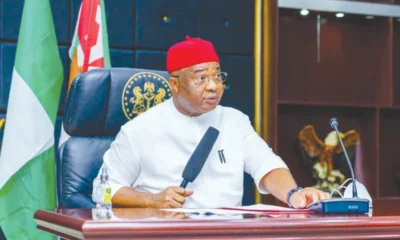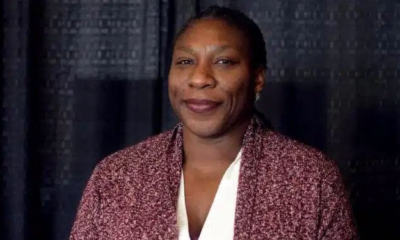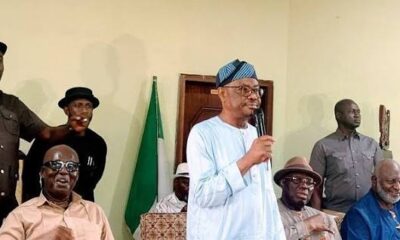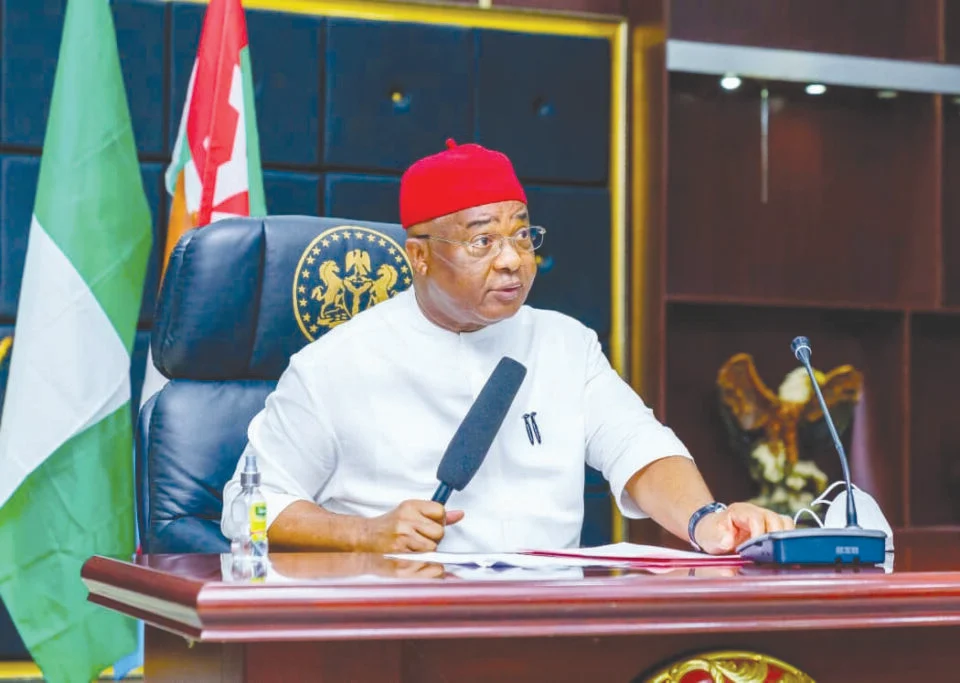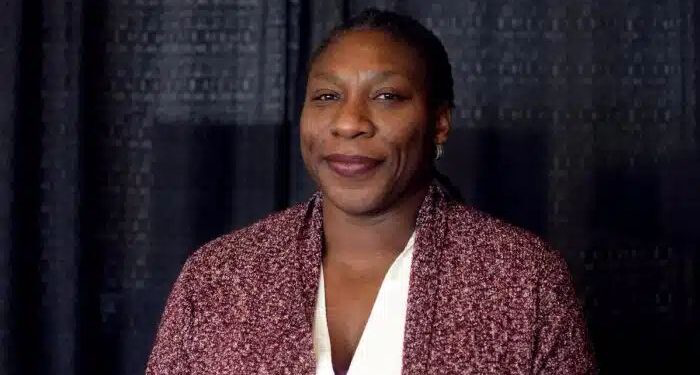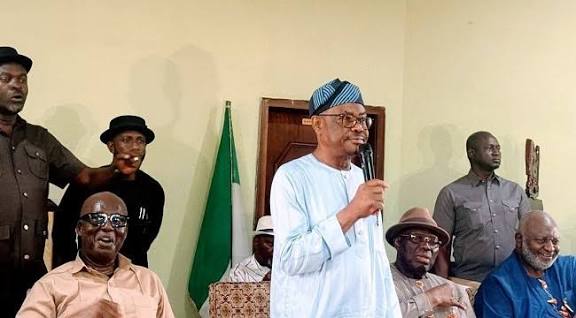The Obidient Movement has called for an electoral reform in Nigeria to safeguard the country’s democracy.
This is as the movement said the Executive, Legislature, Judiciary, and the Press needs to be reformed to save Nigeria’s democracy from suffocating.
Yunusa Tanko, the National Coordinator of Obidient Movement made the call at an event in Enugu State.
In a statement he signed and forwarded to Ekwutosblog , Tanko also called for the unbundling of the Independent National Electoral Commission, INEC, into three different parts.
According to Tanko: “I stand before you today with a profound sense of concern regarding the present condition of our democracy in Nigeria. It is a matter that demands our serious attention, as the health of our democratic institutions directly impacts the future of our society.
‘Consider the recent national elections. Many observers, both within our nation and internationally, have raised significant questions about their fairness and transparency. Allegations of irregularities have led a substantial portion of our population to doubt the legitimacy of the outcome. When the very process of choosing our leaders is called into question, the foundation of our democracy is shaken.
“We must also examine the independence of crucial institutions such as our courts and security agencies. There is a growing perception that these bodies are increasingly influenced by political interests. For a democracy to thrive, these institutions must operate without fear or favor, providing essential checks on power. When their impartiality is in doubt, the rule of law itself is potentially compromised.
“The widespread disappointment following the last elections, evident in numerous protests and legal challenges, highlights a critical issue: a significant number of Nigerians feel their voices are not being heard. This disconnect between the governed and those who govern poses a serious challenge to the stability of our democracy.
“Democratic institutions basically consist of the four estate of governance. Namely: The Executive, the Legislature, the Judiciary, and the Press.
“However, this principle neglects the most important aspect of government, which is the people; so for emphasis I will include the people as the fifth estate of governance, because without them, the preceding four has no use. The executive, legislative, judiciary and press are there to serve the people.
“Our democracy is suffocating and the aforementioned institutions need radical reforms before we can get it right.
“Our demand on electoral reforms to safeguard our democracy.
“Strict compliance to educational qualifications with evidence.
“Compulsory Debate.
“All registered voters must vote.
“National Assembly Must be based on Proportional Representation.
“Electronic transmission of results.
“Borden of proof should be on INEC to justify the result presented.
“Decampee seat must be declared vacant and election repeated.
“Diaspora voting and voting should take place anywhere in the country without moving your voters card.
“Voters card should be consolidated into one with value attached to it to encourage registration.
“Justice Muhammad Uwais report should be considered.”
On the issue of unbundling INEC into three, he said: “Electoral Commission.
“Enforcement Commission.
“Delinition Commission.
“And the Appointment of INEC Chairman.”

